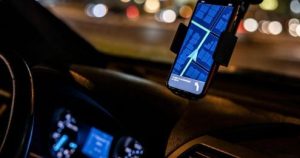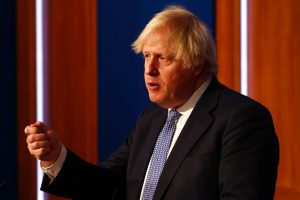In a recent development, Virgin Hyperloop, a high-speed transportation system, has released a video showing its vision which, it says, will allow passengers to travel at the speed of 670 miles per hour (or 1078 kilometres per hour).
The company, a part of Richard Branson’s Virgin empire, has claimed that the hyperloop of mass transportation will “set the standard for 21st century travel by connecting cities in minutes.”
The design of this mode of transportation system features a series of pods inside a tube in which a “near-vacuum environment” is maintained. These pods are battery-powered, and will glide at 670 miles per hour inside the tube that facilitates high speed by reducing aerodynamic drag. Unlike cars and trains, these pods will not be connected. This allows the pod to travel to different destinations.
Also read: Venice resorts to armed guards to control overcrowding amid tourist surge
Taking to social media, a video, shared by Richard Branson on YouTube, explained that these pods will eventually be able to seat as many as 28 passengers each.
In the video, that was released on Tuesday, Virgin Hyperloop said, “After building and testing the world’s first hyperloop system, we are now focused on our commercial product; the key to our product is guided by a design that is elegant through its simplicity, future-proof due to its modularity, guided by principles of this century.”
The target speed, 670 mph, is three times faster than high-speed rail and more than 10 times faster than traditional rail.
However, hyperloops remain an unproven technology while it sounds impressive.
Also read: US starts probe into Tesla Autopilot system
Marcelo Blumenfeld, industrial fellow for introducing innovation at the Birmingham Centre for Railway Research and Education, in England, told England that Virgin Hyperloop has a long way to go in developing a system that works like the one explained in the video.
Speaking to CNN, Blumenfeld said, “It’s not feasible now. We don’t have any idea yet when it will be feasible.”
In a first, the Virgin Hyperloop tested human travel in a hyperloop pod in November 2020. During the test, the pod reached only 100 mph on the track.





